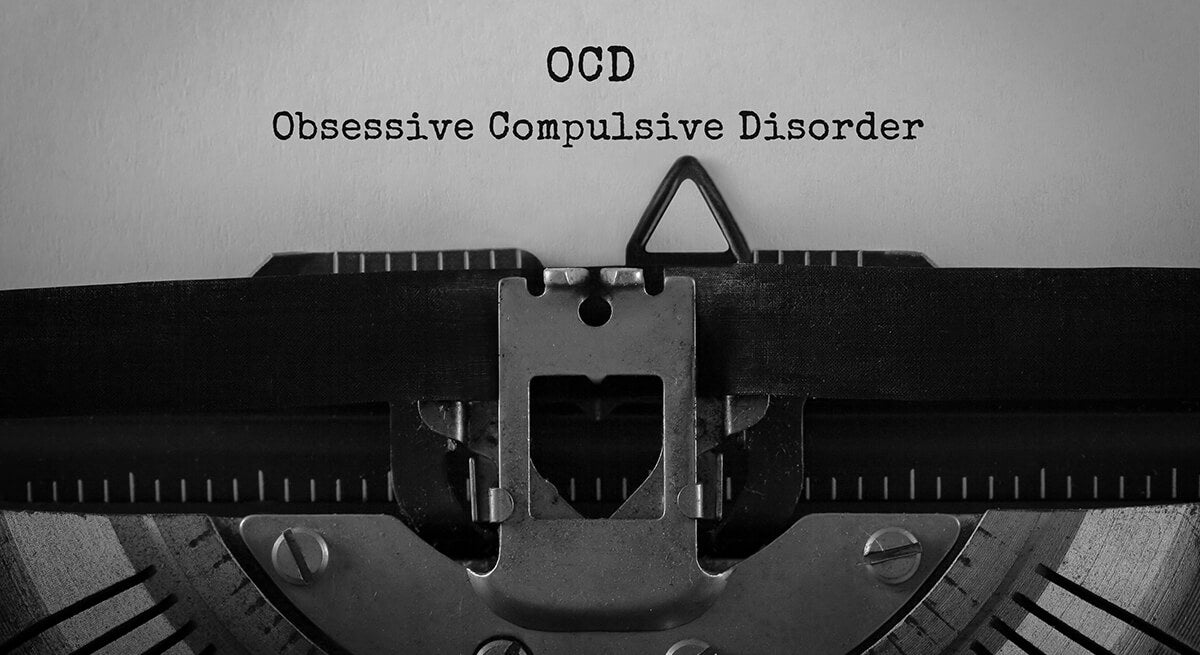

By Cradle & Tonic
Perinatal Obsessive Compulsive Disorder (OCD)
What is Perinatal OCD (Obsessive-Compulsive Disorder)?
When a woman suffers from OCD during pregnancy, psychiatrists call this perinatal obsessive-compulsive disorder (perinatal OCD.) Some women may suffer from OCD before pregnancy; however, pregnancy or birth can trigger OCD for others.
A first-time mother may feel having a baby is a massive responsibility. So it’s completely normal to worry about your child’s well-being. However, it’s essential to avoid letting these thoughts interfere with your everyday life. Otherwise, you may experience further mental health issues, especially in the postpartum period.
Common Symptoms of Perinatal OCD
- Asking for reassurance from others—including friends and family—about your child
- Feeling constantly anxious about your child’s health
- Worrying about harming the baby
- Struggling to relax when the baby is sleeping
- Constantly checking whether the house is safe for your baby
- Worrying about feeding your child specific foods
- Not taking your child outside because you worry about your child’s safety in public.
How Does it Feel to Have OCD?
If you suffer from OCD, you’ll typically experience frequent obsessive thoughts and compulsive behaviours. Instead of focusing on positive things—such as family, friends, and health—people with OCD spend their time thinking about compulsions.
Although most of them know their compulsions are illogical, this doesn’t convince them to switch off. However, many people suffering from OCD will seek professional help because they know their compulsions are detrimental.
Anxiety
Perinatal OCD may cause severe anxiety, which may include panic attacks. Increased anxiety is highly damaging to your physical and mental health; you may experience chest pain, heart palpitations, and a rapid heart rate. Anxiety can also cause digestive issues, social isolation, poor quality of life, headaches, chronic pain, sleep issues, and continuous fatigue.
Unfortunately, pregnancy is already taxing on the body and mind; if your perinatal OCD causes increased anxiety, you may drive your body into the ground.
That’s why it's essential to seek professional help if your perinatal OCD is spiralling.
Obsessions
One of the main byproducts of perinatal OCD is obsessive thoughts. Mothers suffering from perinatal OCD often suffer from the following obsessive thoughts:
1. A Fear That Something Is Contaminated by Dirt or Germs:
Sure, it’s important to keep your body away from anything that could cause sickness during pregnancy. However, you shouldn’t let this consume your life. You should take standard precautions and avoid anything that could make you or the child feel sick.
2. An Image of Harming Your Baby
Some women suffering from perennial OCD worry they will harm their baby because of negative thoughts—including violent thoughts. However, although these are common symptoms of perennial OCD—pregnant women rarely act upon these thoughts.
3. Perfectionism
A common symptom of OCD is perfectionism. Pregnancy, however, may worsen the desire for perfectionism. Although striving for perfection isn’t always a negative thing, ensure it doesn’t consume your life and cause other mental illnesses.
4. Worrying About Things You Did or Didn’t Do
Women suffering from perennial OCD may constantly worry about leaving windows open, not sterilising their baby’s bottle, or not choosing the best clothing for their child. Of course, it’s essential to do the best for your baby, but you shouldn't let these thoughts consume your entire life.
Compulsions
A compulsion is where an individual has repeated compulsive behaviours—even when these behaviours are senseless and cause harm to mental well-being. Unfortunately, compulsions are common in pregnant women and women with newborn children. These compulsions can include images of death, injury, and physical or sexual harm.
How to Recognise OCD?
There’s a small line between protecting the child and suffering from perinatal OCD; you must decide when you’ve crossed the line. If you feel your thoughts match common perinatal OCD symptoms, it’s essential to acknowledge the problem. Giving birth to a child or raising a child is challenging enough without suffering from perinatal OCD.
As a mother, you need to look after yourself; it’s better for your unborn or newborn child if you’re mentally healthy and happy. Perinatal OCD, however, has the potential to make you incredibly unhappy. So you must recognise the symptoms and be honest with yourself.
Where to Get Help?
Perinatal OCD is highly common; therefore, you can find help in many ways. The best way to find help is to contact your GP. They will assess your symptoms and discuss whether you need different treatment options.
However, finding private help from therapists is an option. Although therapists can be expensive, they can assist you without waiting lists. Most importantly, they have years of experience in helping mothers like you overcome perinatal OCD. Common treatments include cognitive behavioural therapy (CBT) and exposure and response prevention (ERP).
Other Mental Health Problems Connected to Pregnancy
Unfortunately, perinatal OCD isn’t the only mental health problem connected to pregnancy. Depression and anxiety—which are different from perinatal OCD—are the most common mental health problems during pregnancy. In the United Kingdom, depression and anxiety affect 15 to 20% of women in the first year after childbirth.
In addition, panic disorder, generalised anxiety disorder (GAD), post‑traumatic stress disorder (PTSD) and tokophobia (extreme fear of childbirth) are common mental health problems related to pregnancy.
It’s critical to reach out to friends, family, and medical professionals if you think you’re suffering from these mental health problems. As a mother, you deserve to feel happy during and after pregnancy.
Final Thoughts
Perinatal OCD affects millions of women worldwide. Remember, you’re not alone; you can get through this. At Cradle & Tonic, we are industry leaders in maternity health and wellbeing.
We have products to help you through the struggle of pregnancy and the postpartum period.
